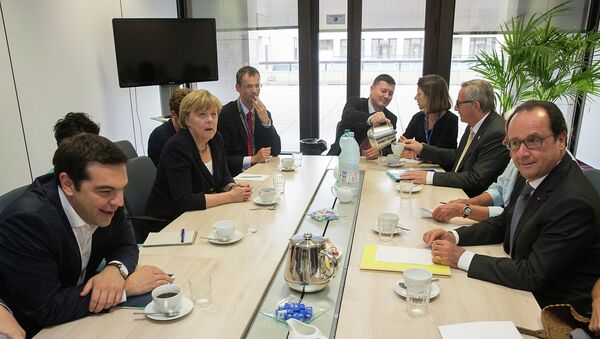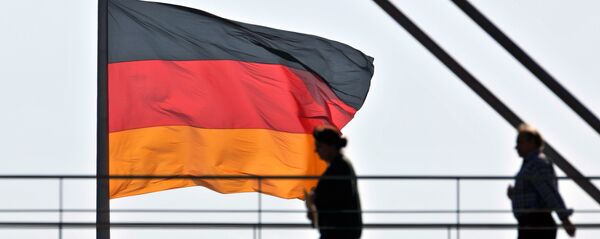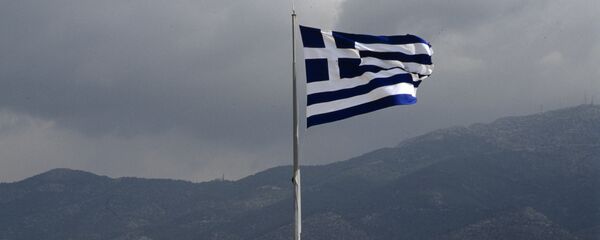The "necessity of European unity, even if it is only a façade, and the EU’s unwillingness to concede to Russian President Vladimir Putin" are the main reasons for anti-Russian sanctions to be extended for another six months, an article in the French newspaper Le Monde read.
Whatever differences are between EU country members, the "only thing that matters is the unity of the 28 nations and no one would take responsibility to breach it," a high-ranking European diplomat told the newspaper.
In 2014, relations between Moscow and Brussels soured due to the situation in Ukraine, after Crimea decided by public vote to secede from Kiev and rejoin Russia. After Brussels imposed several rounds of sanctions against Russia, Moscow struck back, banning food exports from the countries that backed anti-Russian policy.
In order to settle Europe’s internal difficulties and not to fuel tensions with Russia, the existing sanctions should be "dressed up," the article read.
This time, the decision on sanctions will not be made on a "technical diplomatic level" but will be discussed by national leaders of the bloc.
However, this is not the only concession Brussels is ready to make to those who oppose the sanctions, according to the author.
First, the EU is considering prolonging the sanctions for only three months, instead of six. Second, the sanctions may be prolonged for six months, but with the possibility of gradual removal. Such proposals would also send a signal to Kiev that they are not making progress settling the Ukrainian crisis.
The EU is interested in the lifting of anti-Russian sanctions if the Minsk agreement is implemented, EU Ambassador to Russia Vygaudas Usackas said recently.
"We want to lift the sanctions entirely, when the Minsk agreements will be fulfilled. But I'd rather not talk about the details here, in Kaliningrad, when we are not talking about sanctions, but about how to maintain and promote the cooperation and those projects, which have a good example," Usackas told journalists.
There are also concerns that Brussels would finally push Kiev to hold Donbass elections in any form. The upcoming visit of President of the European Commission Jean-Claude Juncker to Russia is considered a signal that Europe does not want to cut off ties with Moscow, the article read.







